Philosophy by Other Means: The arts in philosophy and philosophy in the arts
University of Chicago Press, US$30 pb, 275 pp
Art and philosophy
About as eminent an academic philosopher as they come these days, Robert B. Pippin made his reputation with a sequence of brilliant studies rehabilitating the great names of German Idealism – Immanuel Kant, G.W.F. Hegel – for a (mainly) baby boomer American audience. In the wake of the path-breaking interventions of Wilfrid Sellars and Richard Rorty, Pippin, alongside such colleagues as Terry Pinkard, Robert Brandom, and John McDowell, has argued for a version of the essentially dialogic nature of all philosophy, which seeks to bring together metalogical ratiocinations and nitty-gritty semantic theories with reflections on the diversity of social interactions.
Bravura technical disquisitions on high-end philosophy aren’t Pippin’s sole forte, however. From William James through John Dewey to Arthur Danto and Stanley Cavell, a strong line of American pragmatism has insisted – somewhat against a dominant trend of analytic philosophy to diminish the truth-claims of art and aesthetics in the name of logic, mathematics, and science – on the unique world-revealing qualities of an aesthetic education for thinking what we are and what it is we do in an extra-philosophical way. Pippin is an inheritor of this lineage in his contributions to a contemporary philosophy of art, above all the art of cinema. And if Hollywood westerns, Hitchcock’s oeuvre, and film noir have all been tapped by his tuning fork to sound the relations between vengeance and law, individual and government, he has also extensively examined prose fiction, notably that of Henry James and J.M. Coetzee, as proffering quasi-metaphysical explorations of fundamental moral dilemmas.
The present book’s title invokes a famous boutade by Carl von Clausewitz, the Prussian general and philosopher of war, for whom ‘war is the continuation of politics by other means’. Pippin’s work everywhere hints at such contexts of violent contestation, which he seeks to mollify without entirely erasing. Plato might have thought that the warring discourse of philosophy should expel the poets from the ideal republic, but that’s exactly the sort of extremity that we can’t countenance today. Part of the (Hegelian) point, as Pippin himself carefully phrases it in this collection of essays, is not that ‘the arts’ are ‘philosophy’, ‘but that they have the same content as philosophy’, and, moreover, that the very different ways in which the arts present such content can only be ignored by philosophy at the cost of its own self-mutilation.
Philosophy by Other Means is accordingly broadly divided between how art registers for philosophy, as well as how metaphysical and moral conundrums emerge from artworks themselves. The individual chapters focus on a range of philosophical and aesthetic questions, some technical, others more everyday. Why is Kant unable to deal with the implications of dramatic tragedy? What is a mutilated extract of a poem doing at the end of one of Hegel’s major works? Why is there no aesthetics stricto sensu in Hegel’s Aesthetics? How does painting function for Hegel? What is Theodor Adorno’s position on aesthetic negativity? What does Maisie actually know in Henry James’s novel What Maisie Knew? There are two chapters on the art-history and photographic studies of Michael Fried, two chapters on subjectivity, love, and jealousy in Marcel Proust’s In Search of Lost Time, and two chapters on the paradoxes of power and philosophy in J.M. Coetzee’s fictions. Every chapter contains something of interest, from little factoids regarding editorial cruxes to critical philosophical deadlocks.
Pippin’s tastes are emblematic of élite North American liberalism generally: not experimental poetry but prose fictions; not anti-aesthetic disruptions but the subtleties of expensive art; not experimental but popular cinema (for a touch of the folky demotic). Flicking through the index gives us such painters as Caillebotte, Correggio, Boucher, Cézanne, Caravaggio, Courbet, David, Géricault, and Greuze; and such writers as Aeschylus, Beckett, Coetzee, and Proust. Pippin’s presentations – sensitive, sometimes stunning, always erudite and illuminating – seek to resist propaganda, kitsch, commercial, or illustrative modes in the name of subjective freedom, the self as process and outcome of a self-reflexion that is not objective but infinite.
Still, it’s all pretty canonical. Although there’s nothing wrong with this, it does in our own deleterious dog days release a certain scent of eschatological denialism. So the limitations remain noteworthy: John Keats appears only as a citation from Coetzee’s Elizabeth Costello, and the sole essay that tackles poetry in a more extended fashion (brilliantly) investigates why Hegel concludes the notoriously rebarbative prose of his Phenomenology of Spirit with a severely amended citation of a couple of lines of a poem on friendship by Schiller. Regarding more radical avant-gardes, Pippin clearly doesn’t care for them. One might further ask if Pippin’s elegant clarity is not also covertly concerned with curbing potentially dangerous enthusiasms (in the eighteenth-century sense of that word at least).
Whatever the case, Pippin’s secular puritan vitalism undeniably packs a punch. For him, hard aesthetic labour can make works of art gleam with an admirable subjective achievement that puts philosophy itself into question. Kant cannot bear the irreparable pathos and self-contradictions of dramatic tragedy: the fall of the protagonist and their world runs counter to every classical philosophical determination, which desires to expel contradiction and contingency as unreal, confused, ultimately false and unnecessary. Oedipus, after all, even calls himself ‘the son of chance’. Hegel’s rebinding of history and contradiction, of history as contradiction, by contrast returns to the conditions and experience of life the impossibility of deciding any dilemma without self-betrayal. It is not our intentions that establish the value of our actions; the latter rather take on their import through the unexpected consequences of others’ reactions, teaching us, belatedly, about the true nature of our own alienating deeds. Pragmatically, life is always presenting us with new contradictions we cannot master with existing tools, which we never fully comprehend, and which cannot be resolved except at inadmissible cost. Yet, as Pippin underscores, even Hegel can’t quite think tragedy outside a moral framework, still seeking to handle conflicts in a rationally satisfying way. Hence tragedy threatens philosophy with the terror of absolute unintelligibility.
As the pandemic wars devastate society and global warming nature, as every human value whimpers melodramatically towards its ignominious self-destruction, perhaps there remains some consolation, however brief and impotent, in such sensitive, intelligent inquisitions of the varied truth-contents of the manifold apparitions of modern high art. I for one sucked up Pippin’s insights as a weasel sucks eggs, feasting happily on its little bursts of spirit in our waste of shame.

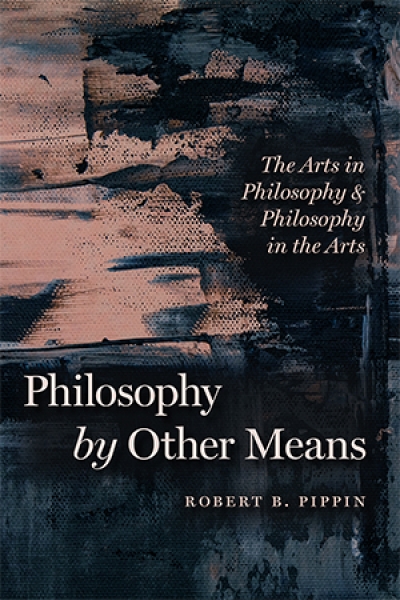
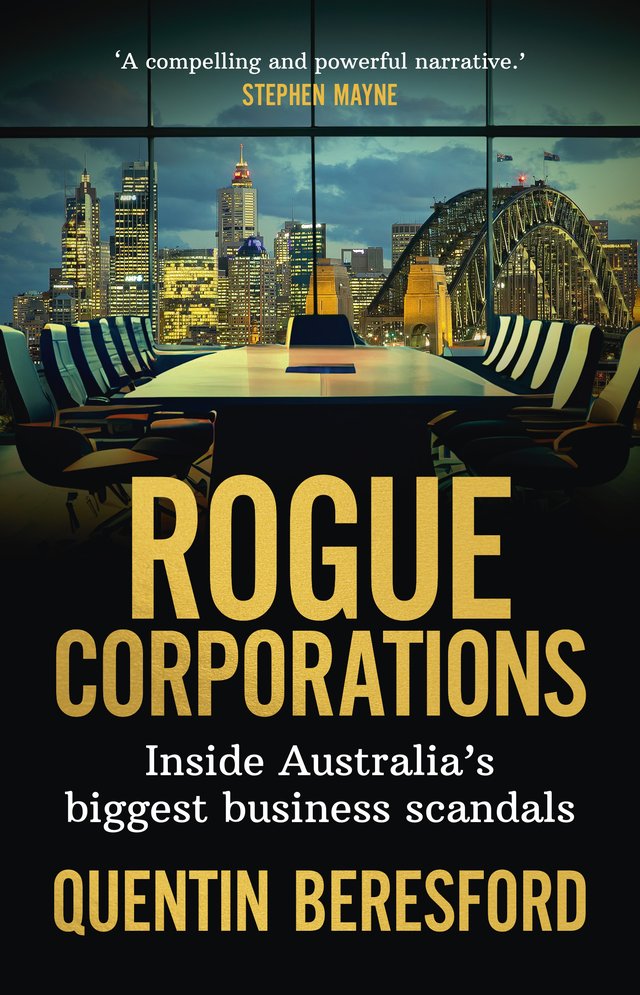
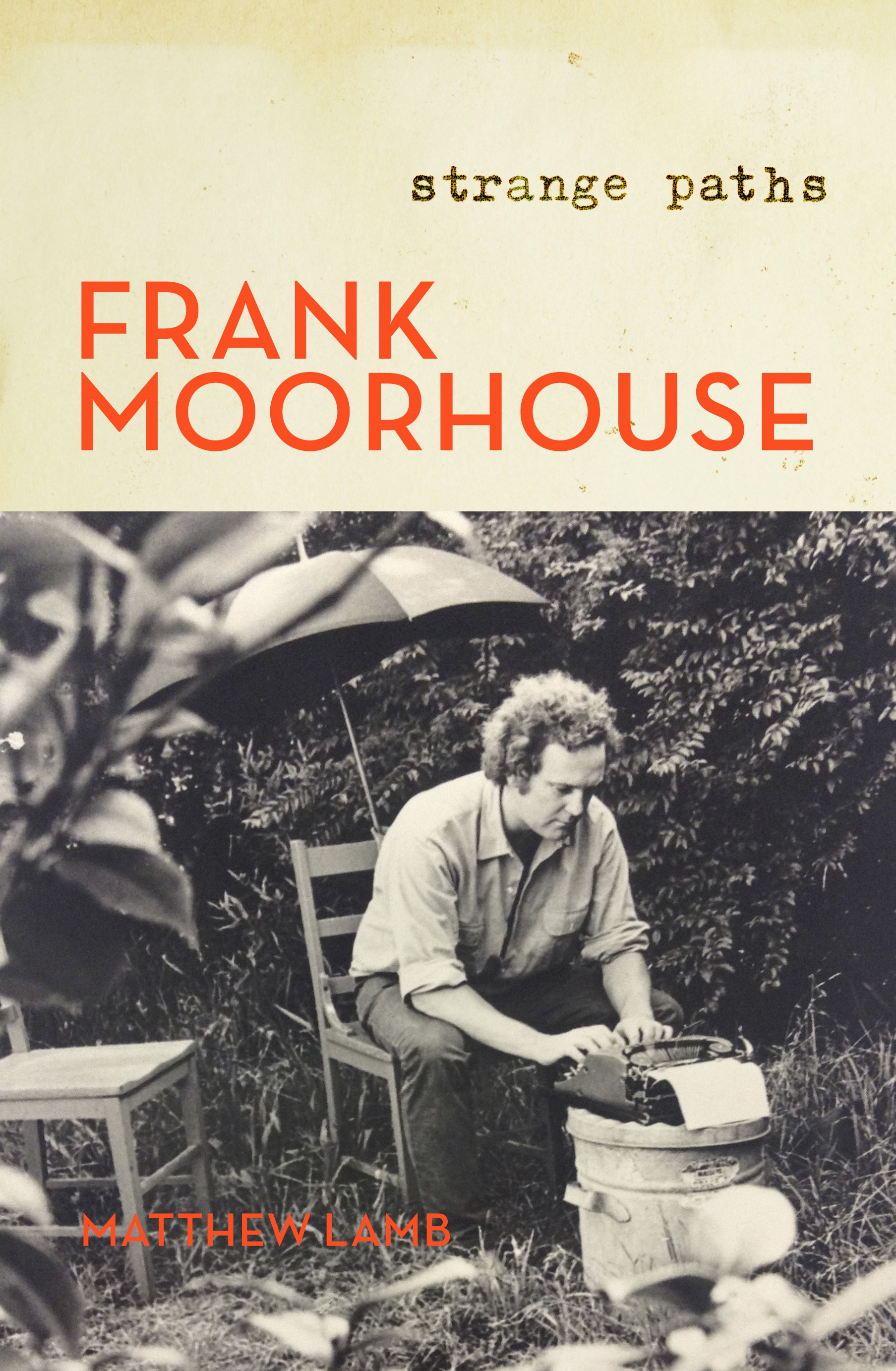
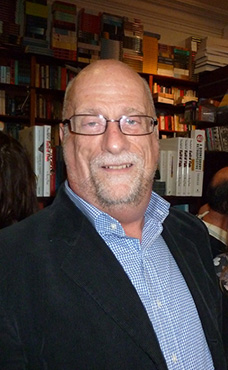
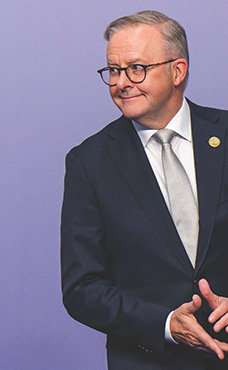
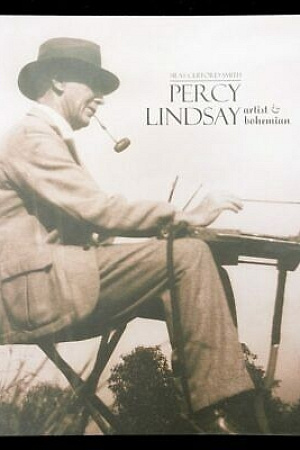
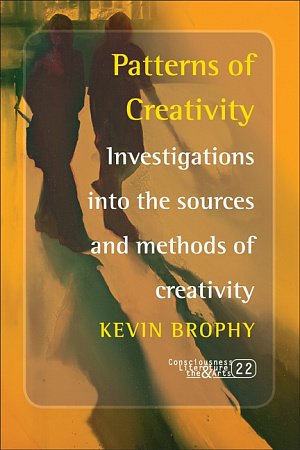
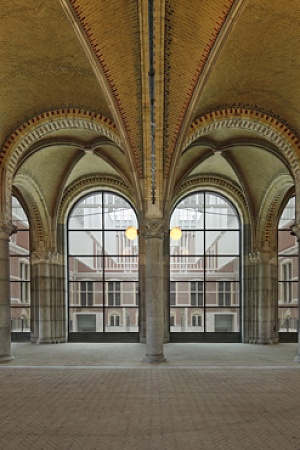
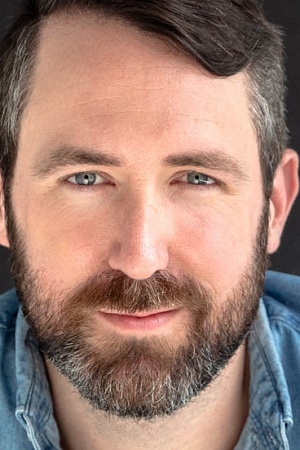
Comment (1)
Nicely stated! Who can help but be tantalised by the persistent idea that answers to our problems may be found in philosophy and, if all else fails, the arts. And now here in this text, as a measure of our despair, by combining the two.
The more mundane truth that the answers are to be found in the hard pedestrian grind of politics and campaigning and defending goodness at every opportunity is alas less appealing and makes for dry reading.